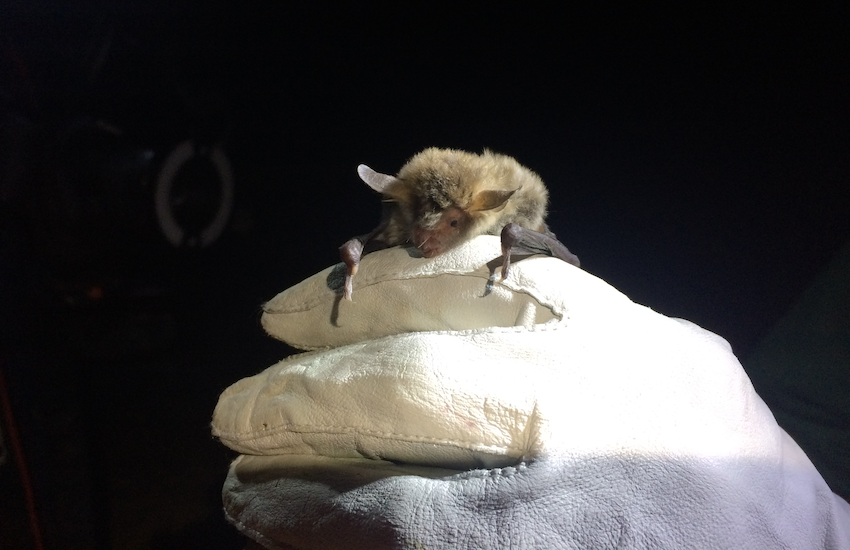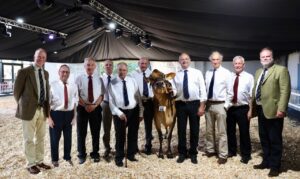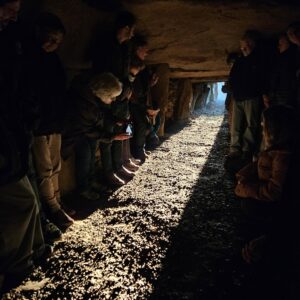
A decade-long study into bat activity in Jersey has found an annual 7% increase in the number of common pipistrelles on the Island, giving researchers a better idea of how species are faring in response to environmental changes.
The data was published in a new report by the Government of Jersey and the Bat Conservation Trust, which analysed bat recordings logged over the past 10 years.
Researchers and volunteers collected the data using mobile bat recording technology, known as the iBatS monitoring scheme.
The scheme involved driving an audio detector at a constant speed along the same 11 Island-wide routes, twice a year. Each survey was done at the same time, after sunset, and when weather conditions were optimal.
Long-term data shows ‘signs of recovery’
Bat Conservation Trust Research Scientist, Dr Ella Browning, said the work revealed a ‘valuable long-term population trend’ for the common pipistrelle, which showed ‘promising signs of recovery’.
‘We now have a much clearer idea of how Jersey’s bats are faring in the face of rapid environmental changes, thanks to the analysis of 10 years of passive acoustic survey data,’ she said.
The report found that 99.8% of bats detected were the common pipistrelle, and that most bats were found in the east of the Island.
‘Bats are often feared, but they should be celebrated‘
David Tipping, Senior Environment Officer for the Government of Jersey, said Jersey was also lucky to have a range of other ‘much rarer’ bats too.
‘There are 1,447 known species of bat in the world, 18 of which have been previously recorded in Jersey,’ he said.
‘Bats face many threats such as light pollution, roost loss and changes in the landscape. Monitoring them is therefore particularly important as they are an indicator of the health of our environment, and it informs the ways we can best protect them.
‘Bats are often feared, but they should be celebrated. They are hugely important and help us and our environment in many ways; they provide free pest control reducing the need for chemical pesticides, they’re critical in the pollination of many plants, and are important seed dispersers.’
Reversing ‘harmful impacts’ of human actions
Dr Browning added: ‘Although further work is needed, this report provides an important foundation for identifying effective monitoring methods and conservation actions for bats in Jersey.
‘Gathering robust evidence on the state of biodiversity populations, such as bats, is vital if the harmful impacts of human actions on wildlife are to be reversed.’
The research will be complemented by a further report, due later this year, looking at the data collected by a separate JBats pilot scheme which used detectors in set locations, rather than mobile recording.
Image courtesy of Amy Hall and the Jersey Bat Group.




